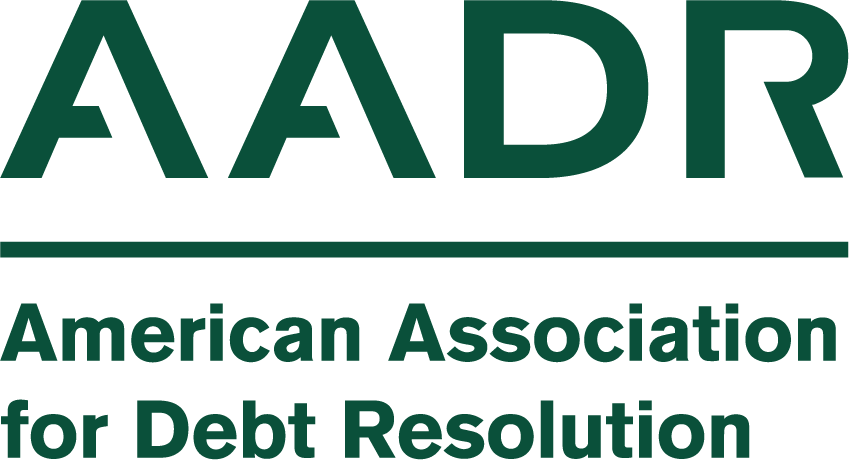By Jake Agron
On behalf of Denise, Karin, Stacey, and the whole AADR team, thank you to everyone who gathered in San Diego for AADR’s 2023 Fall Conference. It was my first time attending an AADR conference, and I returned energized and excited about the industry.
I enjoyed meeting our members, whether at one of the networking happy hours, the opening reception, breakfast, or the closing gala that combined a spectacular view with a fun evening. In particular, the small group dinners allowed me to spend more time talking with conference attendees, getting to know them, and learning about their businesses.
I hope you found the speakers as interesting as I did. Here are some of my biggest takeaways.
Why people do the things they do
I hope you heard our keynote speaker, Jeff Kreisler, head of behavioral science at JP Morgan Private Bank. His presentation was fascinating. He helped us understand human behavior and exposed hidden motivations driving individuals’ money choices.
Specifically, Kreisler unpacked the behavior that often interferes with human beings making their best financial intentions.
Whether you joined this inspirational session or not, I recommend reading his books, especially Dollars and Sense. I know many of you ordered it while he was speaking, and I look forward to hearing your thoughts.
Promises and limitations of artificial intelligence
AI is a hot topic, and Sameer Maskey, founder and CEO of Fusemachines, told us businesses are increasingly betting on AI. I was surprised by the scale of anticipated growth, though. The global market is expected to expand from $387 billion in 2022 to nearly $1.4 trillion by 2029. In particular, generative AI (think: ChatGPT) is exploding.
According to Maskey, “AI has the potential to generate a high return on investment in a short amount of time, particularly in industries where specific use cases apply.” But there are limitations to consider. To deploy AI to benefit consumers fully, companies must be strategic and establish a robust team and budget.
Bryce McNitt, chief of staff at the Consumer Financial Protection Bureau’s (CFPB) Office of Markets, also touched on AI in his remarks. He noted the incredible increases in the use of chatbots for banking services — more than one in three U.S. consumers interacted with a bank chatbot in 2022 — but offered one specific warning to financial services companies: avoid using chatbots as a primary customer service.
If we didn’t know it already, it is clear the CFPB and other federal regulatory agencies are watching how financial services providers interact with consumers, especially regarding lead generation.
Ensuring compliance in marketing
Being new to the debt resolution industry, I enjoyed hearing from Greenspoon Marder’s Robby Birnbaum, who also serves as vice chair of the AADR’s Board of Directors.
Birnbaum noted the Federal Communications Commission (FCC) has issued a Notice of Proposed Rulemaking (NPRM) relating to how companies generate leads and communicate with consumers via cell phones. The NPRM proposes to “ban the practice of obtaining a single consumer consent as grounds for delivering calls and text messages from multiple marketers on subjects beyond the scope of the original consent.” As a result, multi-vertical leads may be dead, hyperlink marketing partner pages are in danger, and lead generation may be outlawed altogether.
Debt resolution companies have transitioned from traditional advertising methods like direct mail to using social media sites — even TikTok — to reach consumers struggling with financial difficulties. Consumer protection and compliance with new and existing rules must remain our collective and individual priority. As an industry leader, AADR is committed to putting regulatory compliance at the forefront of growing and strengthening debt resolution services nationwide.
AADR conferences help debt resolution companies navigate policy, consumer behavior, and market shifts by offering access to insightful speakers and industry leaders. I hope to see you at our 2024 events.
Agron is AADR’s government relations manager for the western region.



